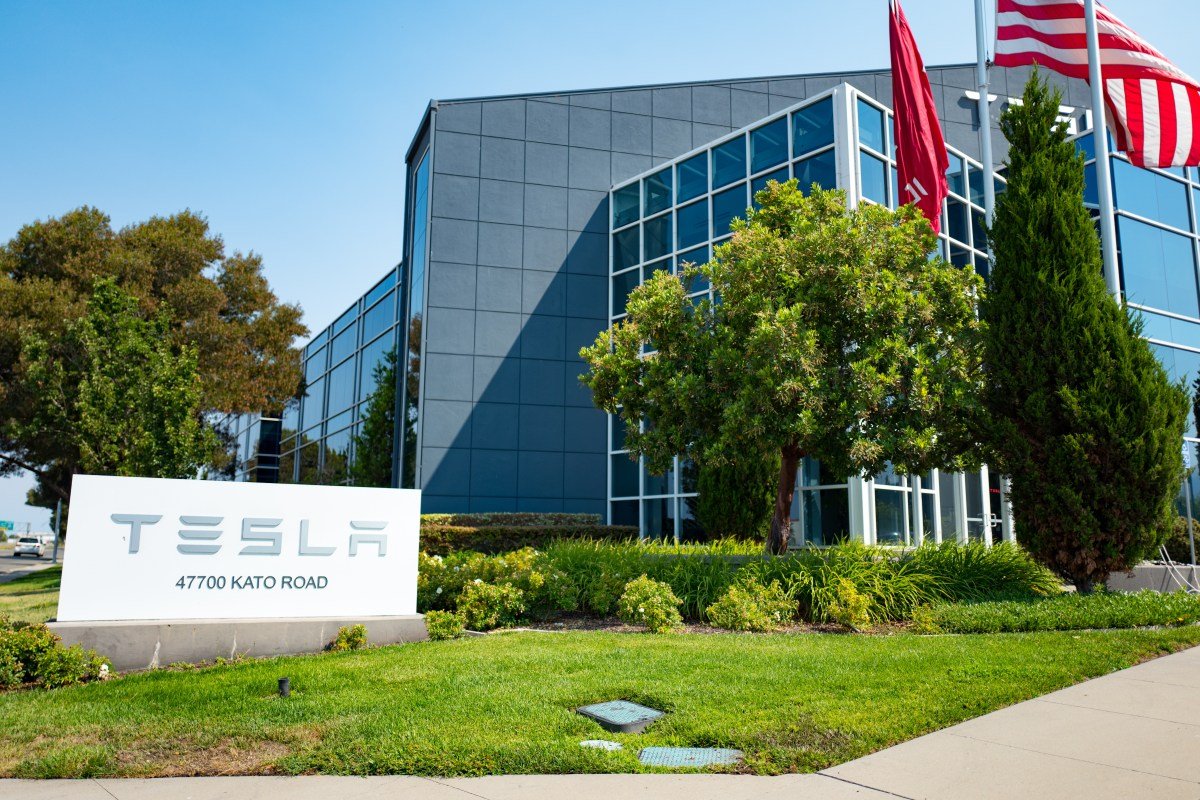Tesla is pleading with a federal court to pause a racial bias lawsuit filed by the U.S. Equal Employment Opportunity Commission (EEOC) against the electric vehicle maker. The lawsuit alleges that Tesla allowed widespread and ongoing racial harassment of its Black employees at its Fremont assembly plant, as well as retaliating against workers who spoke out against the discrimination.
In their filing on Monday, Tesla accused the EEOC of rushing to file the lawsuit in a competition with a California civil rights agency that had previously sued Tesla for similar reasons. The company stated that the EEOC’s actions were part of a “toxic interagency competition” and argued that prosecuting three cases simultaneously would be inefficient and wasteful of judicial resources.
Tesla’s lawyers argued that the prosecution of three cases at once would involve “substantial duplication of effort” and create a risk of “inconsistent court rulings.”
The EEOC’s filing details numerous accounts from Black workers at Tesla’s Fremont plant, including the use of racial slurs and epithets, racist graffiti, and other forms of abuse. Similarly, the California Civil Rights Department’s claims against Tesla include examples of racial harassment from Black workers.
- The EEOC’s lawsuit is in federal court and includes a claim of violation of federal law.
- The California Civil Rights Department’s lawsuit is in state court, also alleging violation of state anti-discrimination laws.
- Tesla is also facing a proposed class action lawsuit from Black workers who allege racial harassment.
The company is citing the Colorado River abstention doctrine in their filing, which allows a federal court to abstain from hearing a case if there is a parallel proceeding happening in state court that covers the same issues. The goal of this doctrine is to prevent duplicate litigation and promote more efficient justice.
The filing claims that the EEOC and the California Civil Rights Department have historically worked together to avoid subjecting entities to the same litigation from both agencies. However, Tesla alleges that “historical coordination and cooperation” between the two agencies have collapsed as each one seeks to make headlines and report large settlements.
In response to a request for comment from TechCrunch, the EEOC did not immediately respond.
Tesla has consistently denied any wrongdoing in their multiple cases of racial discrimination, referring to the allegations as “false.” The company is also appealing a $3.2 million award granted to a Black former contractor at the Fremont plant in a separate race bias lawsuit.
Tesla’s filing on Monday states:
“The goal of this defensive strategy is to avoid having to defend a third claim that, at heart, is no different from two that are proceeding in parallel litigation in state court. It is evident that here, Deja vu all over again refers to the Colorado River Abstention Doctrine.“
History of Cooperation
The “toxic interagency competition” that Tesla refers to in their filing is between the EEOC and the California Civil Rights Department (CRD), formerly known as the Department of Fair Employment and Housing. The filing claims that historically, the two agencies worked together to avoid subjecting entities to parallel litigation.
Tesla’s lawyers state that the “historical coordination and cooperation” between the agencies “collapsed” with the EEOC’s hasty filing of their lawsuit against Tesla.








